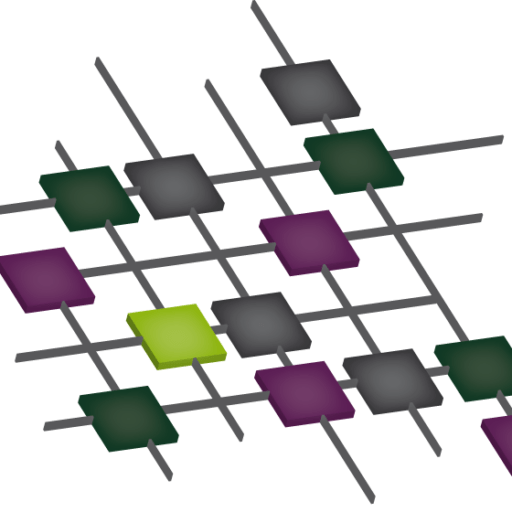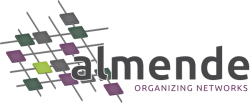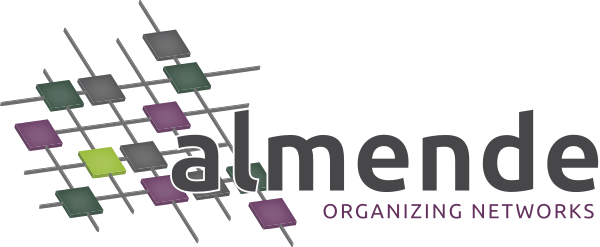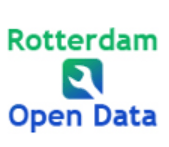CCF2: Independent Living

Independent living
Duration: 06/2009 – 07/2010 Funding: Pieken in de Delta
Partners: Devlab Academy, TU Eindhoven, Philips, NH Hotel Group, Orbis
CCF2
The independent living project investigates ways of using technology to help elderly people remain independent for longer, so they can live without needing constant care or supervision. This very general aim is expressed in three different focal points, namely safety, social cohesion, and health monitoring.
Using wireless sensor networks (WSN), seniors can be monitored accurately and unobtrusively. Ultimately, the system should be capable of registering accidents, and sending help when needed. The project aimed at developing a service platform which does not only track the seniors, but also offers them applications to improve social interaction. For instance, it should be possible to show residents which events are being organized, which of their friends are attending, or how many people are already in the venue.
An important aspect of the project was taking user demand into account. Throughout the project, user experience was monitored. It was important to assess whether subjects find the system intrusive and to decide if they are willing to use it and are capable of doing so. To this purpose, a WSN with a user interface to monitor movements was installed in an Orbis elderly home.
Contribution
Within the Independent Living Project, Almende focused on developing the Wireless Sensor Network, which is able to track individuals within a building. Furthermore, Almende developed algorithms to interpret the gathered data and helped creating a user interface to make the system more accessible to participants.
Results
More info?
Need specific information regarding the project? Please contact our senior consultant for more information.



